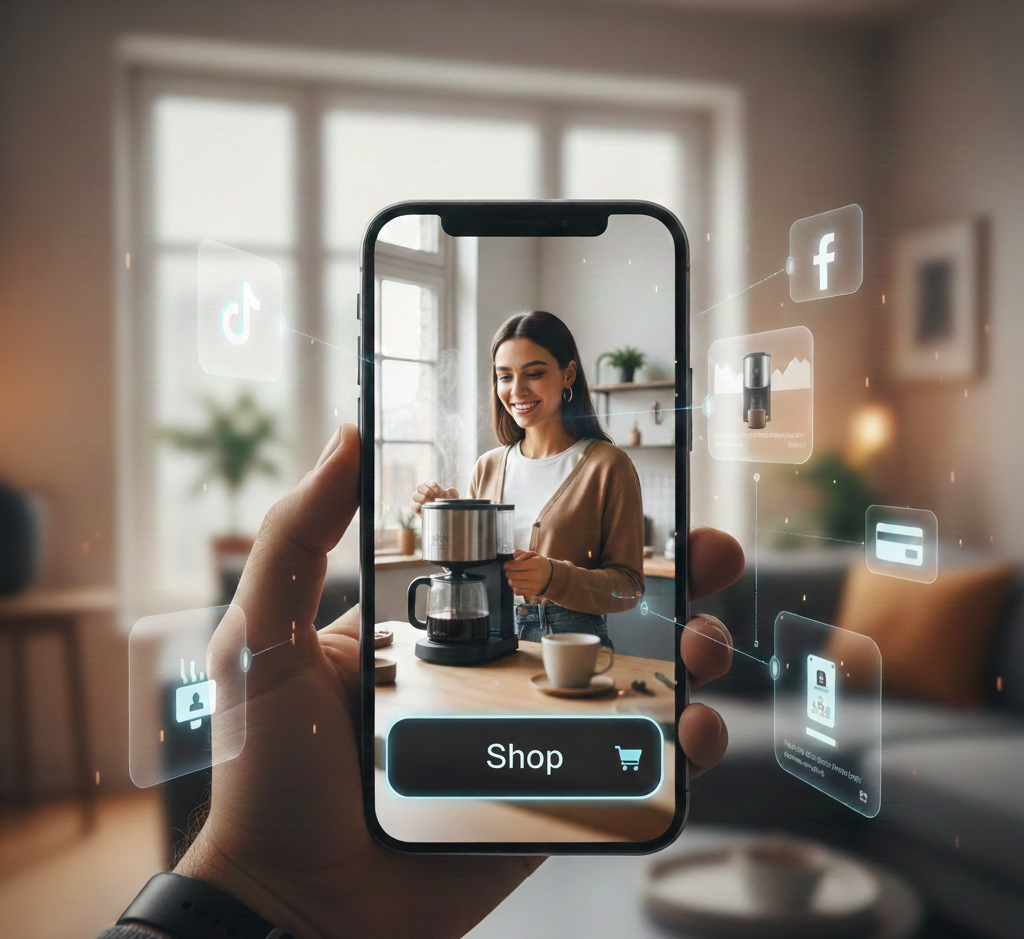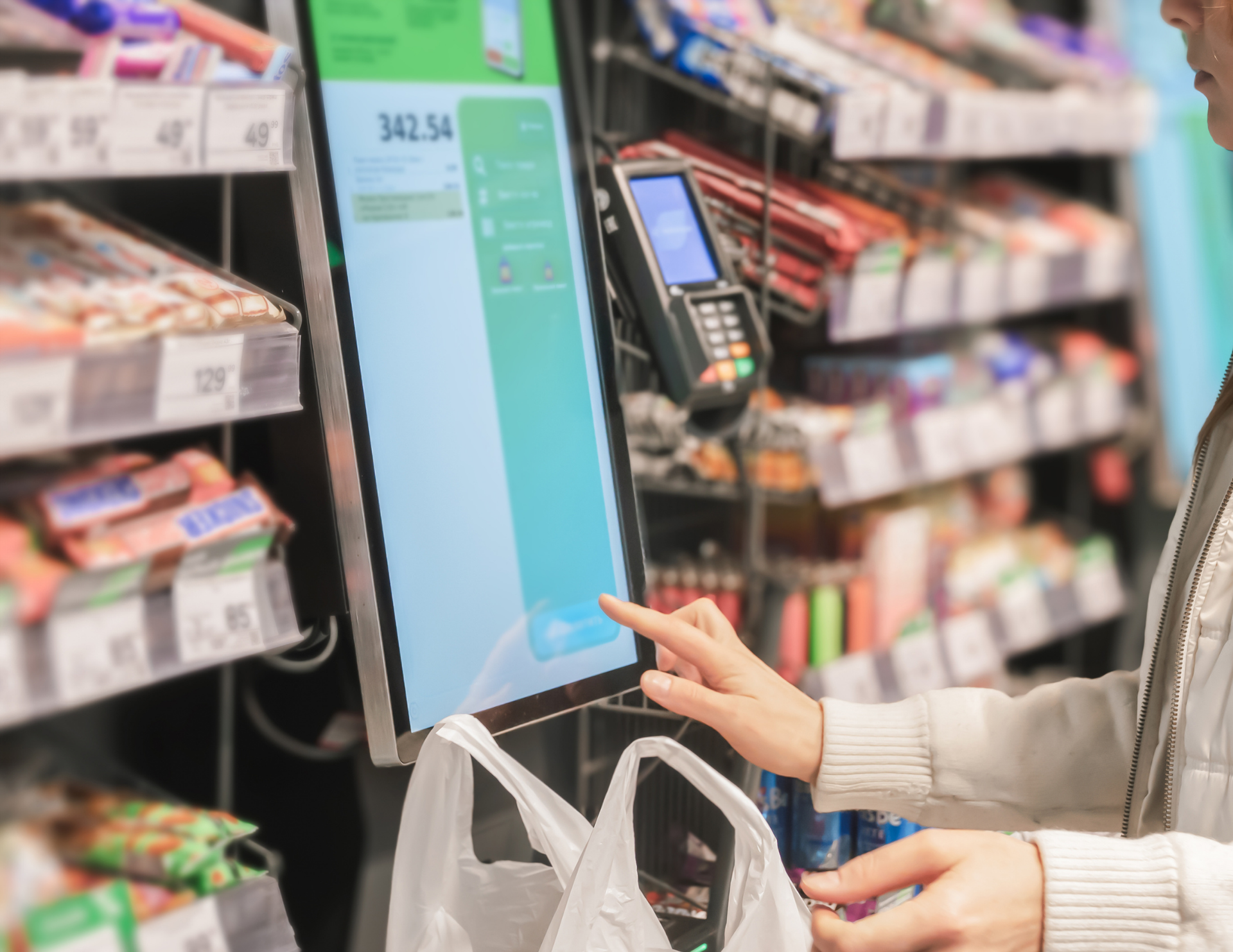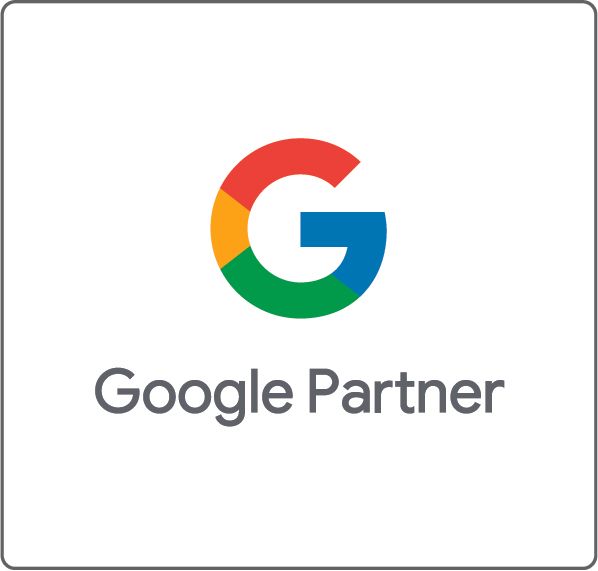Revving Up Marketing: The Emergence of AI, AR, and VR in the Automotive Industry
The automotive industry is on the cusp of a digital revolution, and marketing is no exception. As consumer behavior continues to evolve, automotive brands are exploring new ways to reach and engage customers through innovative marketing techniques. Two recent examples have been
AI-powered car sales by ChatGPT and
Toyota's partnership with Yahoo for an AR-powered car shopping experience.
The rise of AI technology has allowed car dealerships to provide more personalized, data-driven experiences for their customers. In January 2022, Fiat unveiled its Metaverse store which utilizes AI technology to provide a unique shopping experience for customers.
ChatGPT's AI technology enables customers to interact with a virtual or real salesperson salesperson (via video chat), who can answer questions, provide information on different models, and even schedule test drives. This type of AI-powered sales experience offers a more efficient and convenient way for customers to shop for cars, without having to physically visit a dealership.
AR Technology: Revolutionizing the Automotive Industry
Augmented reality (AR) is a technology that blends digital content with the real world. AR involves overlaying digital information, such as images, video or text onto the physical world using devices such as a smartphone, tablet or AR headset. AR tech is emerging as a
powerful marketing tool for the automotive industry. Toyota’s recent partnership with Yahoo for an AR-powered car shopping experience allows customers to use their smartphones to virtually explore their all-new Toyota Crown. This type of immersive shopping experience offers a more engaging and interactive way for customers to browse cars.
VR Technology: The Next Frontier in Automotive Design and Engineering
The automotive industry is also exploring the potential of virtual reality (VR) as a marketing tool. VR differs from AR because of the overlay on digital content that AR provides, while VR places the user into a completely simulated environment. VR offers a fully immersive experience that allows customers to visualize and interact with cars in a virtual environment. Growth can be inspired by factors
such as the increasing demand for connected cars, the rising adoption of electric vehicles, and the growing popularity of online car shopping. One company leveraging VR for marketing purposes is Audi. The luxury car brand
created a VR experience that allows customers to explore the inside of the Audi e-tron GT, an electric sports car, and experience its features in a virtual setting. This type of immersive marketing can help customers feel more connected to the brand and its products.
Nissan’s Unique Ad for Ariya Electric Vehicle Goes Viral
Nissan Recently launched a new ad campaign for its Ariya electric vehicle (EV), featuring a lo-fi music video that has gone viral on social media. The ad was released on Youtube which featured catchy tunes with simple animated graphics that highlighted the Ariya’s features and capabilities. The ad caught millions of people's attention on Youtube and other media platforms. The Ariya is Nissan’s first all-electric SUV which was the driving force for the creation of this ad. The success of the ad highlights the growing popularity of electric vehicles and the need for creative marketing campaigns to capture the attention of younger, tech savvy consumers.
As the automotive industry continues to innovate and evolve, the use of emerging technologies such as AI, AR, and VR are likely to become more prevalent in marketing strategies. These technologies offer new and innovative ways for automotive brands to engage customers and provide personalized, immersive experience. As a result, the future of marketing in the automotive industry is exciting and full of potential which can be backed by Nissan’s ad doing so great.
SparkShoppe focuses on making the customer’s journey enjoyable every step of the way. Our automotive marketing experts leverage the latest technology and execute coordinated digital strategies that create repeat customers and drive sales.
















